
Agenda | Aug 18,2024
May 9 , 2020
By FASIKA TADESSE ( FORTUNE STAFF WRITER )
Headline inflation, an indicator of the cost of living, continued to rise in April for the third consecutive month, reaching 22.9pc, according to the latest Consumer Price Index from the Central Statistical Agency (CSA).
The rate slightly jumped by 0.3 percentage points from the previous month to reach an annualised rate of 22.9pc, which is the highest figure in the last seven years. The number has been steadily swelling for the past three months and has now matched its highest-ever mark - the same rate was registered as an annual average of the 2012/13 fiscal year.
During the past month, food inflation registered a slight fall of one percentage point to 25.9pc, while non-food inflation has recorded a 1.6 percentage point surge to 19.2pc.
Over the past several months, food inflation has been growing, and it was the major driving factor in the rise of general inflation; however, last month, non-food inflation jumped, while food inflation registered a slight fall.
"All cereal and meat prices rose during the month," reads the report. "Some of the vegetables, including garlic, potato and [whole black pepper] showed an increase in prices during the month."
As whole black pepper has a relatively more significant weight share in the food component of the index, the continuous rise of its price could worsen the current inflationary trend, according to the report.
The rise in inflation in the non-food component has also been increasing, mainly due to the rise in the price of alcohol and tobacco, khat, clothing and footwear, house rent and energy, household goods and furnishings, as well as transport and medical care, indicates the report.
The month-to-month general Consumer Price Index, which shows price changes between March and April, has shown an increase of 2.1pc compared to the preceding month. March was the month that Ethiopia reported its first case of the Novel Coronavirus (COVID-19), which has disturbed the political, social, economic and financial structures of the World.
The Ministry of Agriculture has forecasted that Ethiopia may lose about eight percent of agricultural productivity next year due to COVID-19 and swarms of desert locusts, which have already damaged 200,000ha of cropland in a region already struggling with food security.
If the Ministry of Trade & Industry did not take major intervention measures, the figure could be higher, according to Melaku Alebel, minister of Trade & Industry, who says that there was supply chain disruption during the month.
Due to COVID-19, the regional states were in lockdown making the situation difficult to transport supplies in the country. And businesses were hoarding products assuming that there will be a price hike because of the virus and the others were also selling products with inflated prices, according to the Minister.
"We took three major intervention measures," Melaku told Fortune. "We worked on increasing local productivity by supporting local companies, engaged cooperative unions in supply distribution and lifted transportation fees."
The Ministry also took measures on a total of 26,000 businesses across the country, which were allegedly found engaged in illegal trade activities, according to Melaku.
Hoping to stabilise the market and avoid shortages of supplies, the Ministry has also started the process of procuring basic commodities and industrial inputs. In April, it invited multinational companies to import 18.1 million quintals of wheat, 104.3 million litres of edible oil, 3.2 million quintals of sugar and 1.7 million quintals of rice.
The Ethiopian Petroleum Supply Enterprise has also inked a deal with Abu Dhabi National Oil Company for the supply of 40,000tn of fuel to be delivered by the end of this month.
"Hopefully, we'll see the positive impact of the measures we took in the coming months," he told Fortune.
Given the already high rate of inflation, macroeconomic instability including further high inflation is a possibility as part of the economic shock and policy response related to COVID-19, according to Alehamyehu Geda (PhD), a macroeconomist and lecturer at Addis Abeba University.
Alemayehu also suggests that increasing agricultural productivity and avoiding devaluation and depreciation of the Birr could somewhat help control the inflationary pressure.
"A 10pc rise in domestic food production would lead to a significant 26pc reduction of general prices," he said. "The converse is also generally true."
PUBLISHED ON
May 09,2020 [ VOL
21 , NO
1045]

Agenda | Aug 18,2024
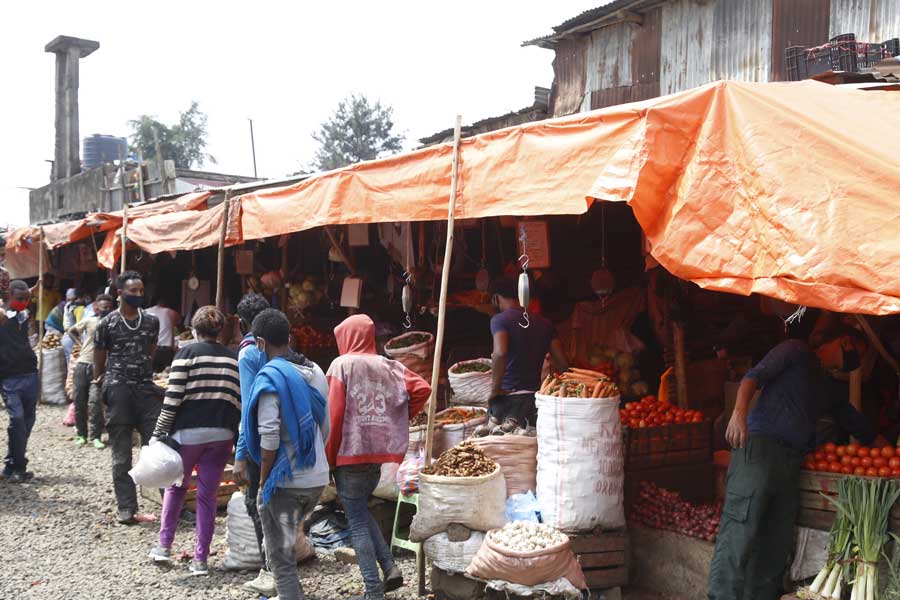
Fortune News | Aug 08,2020
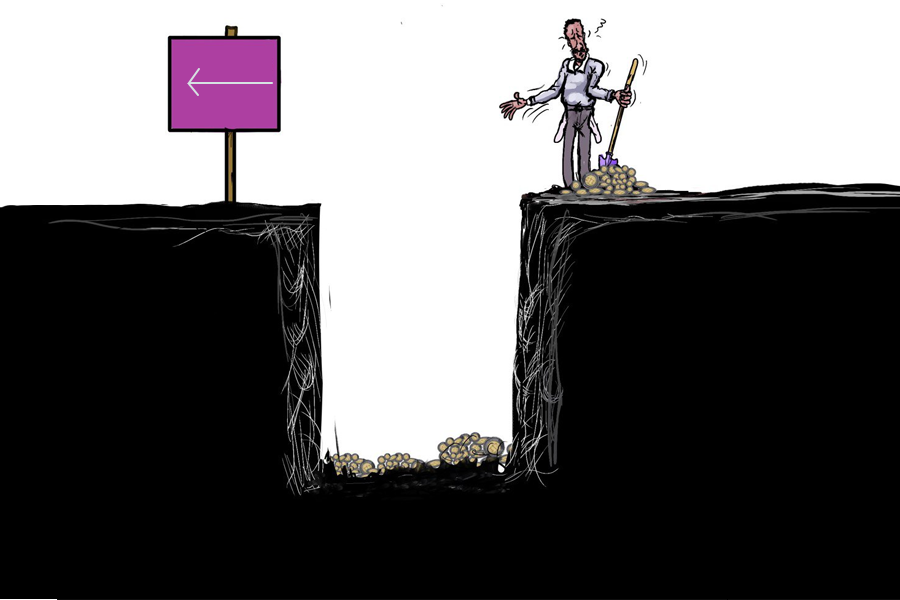
Editorial | Mar 18,2023
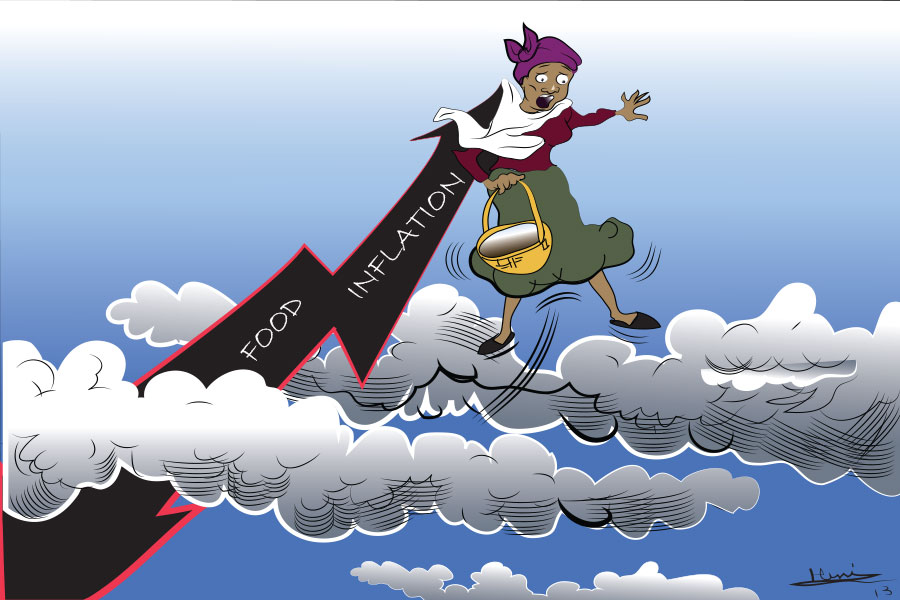
Editorial | Jul 24,2021

Commentaries | Nov 05,2022
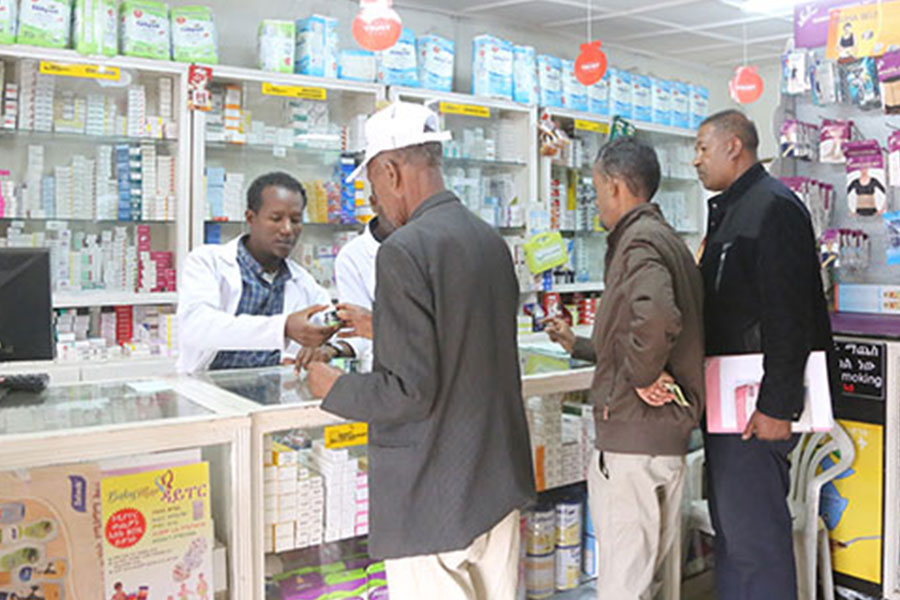
Fortune News | Mar 30,2022

Fortune News | Jul 06,2019

Fortune News | Feb 09,2019

My Opinion | Mar 26,2022
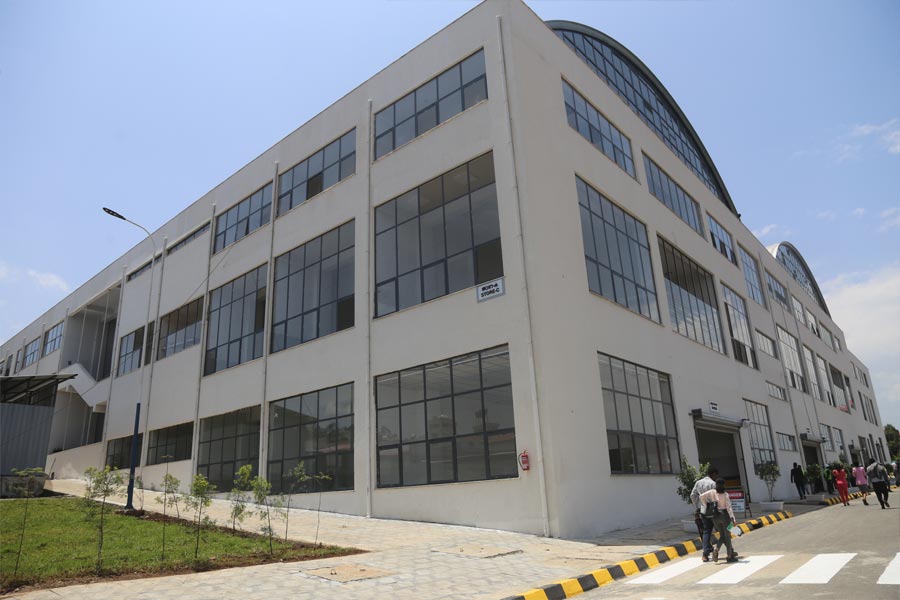
Fortune News | Feb 24,2024

Dec 22 , 2024 . By TIZITA SHEWAFERAW
Charged with transforming colossal state-owned enterprises into modern and competitiv...

Aug 18 , 2024 . By AKSAH ITALO
Although predictable Yonas Zerihun's job in the ride-hailing service is not immune to...

Jul 28 , 2024 . By TIZITA SHEWAFERAW
Unhabitual, perhaps too many, Samuel Gebreyohannes, 38, used to occasionally enjoy a couple of beers at breakfast. However, he recently swit...

Jul 13 , 2024 . By AKSAH ITALO
Investors who rely on tractors, trucks, and field vehicles for commuting, transporting commodities, and f...

Nov 1 , 2025
The National Bank of Ethiopia (NBE) issued a statement two weeks ago that appeared to...

Oct 25 , 2025
The regulatory machinery is on overdrive. In only two years, no fewer than 35 new pro...

Oct 18 , 2025
The political establishment, notably the ruling party and its top brass, has become p...

Oct 11 , 2025
Ladislas Farago, a roving Associated Press (AP) correspondent, arrived in Ethiopia in...